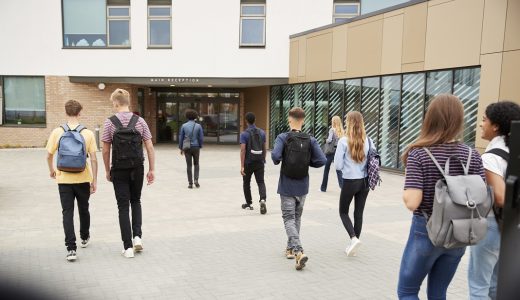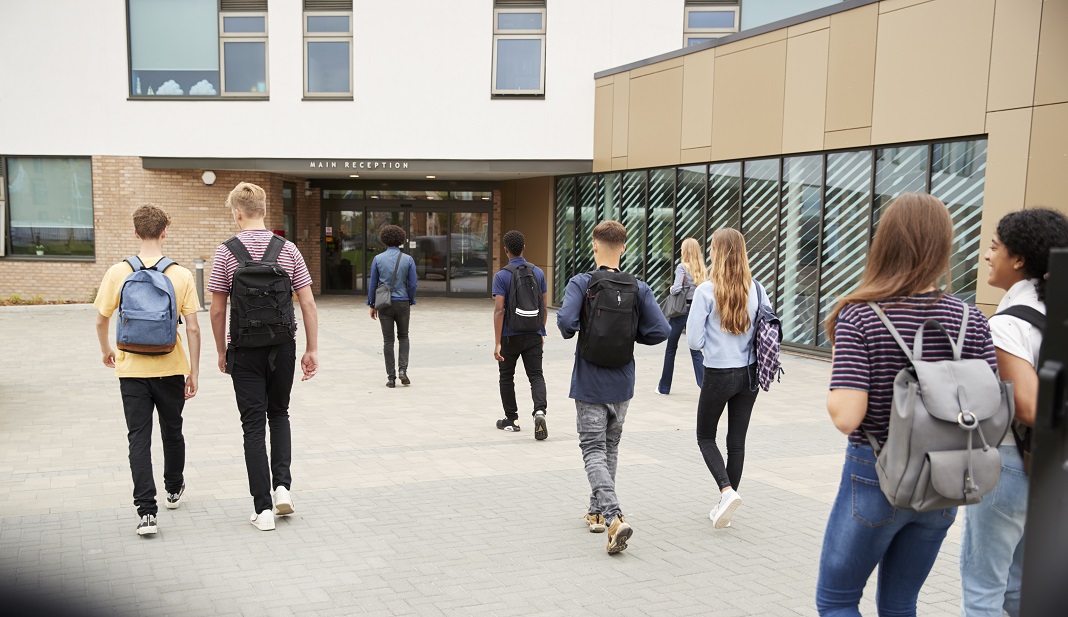New York lawmakers agree to pause use of facial recognition in schools
New York lawmakers have passed a moratorium that would ban the use of facial recognition in schools until 2022. Their decision comes a month after the New York Civil Liberties Union sued the State Education Department for approving Lockport City School District’s facial recognition system.
If you’ll recall, Lockport started testing a facial and object recognition technology called “Aegis” in June 2019, and the district officially activated it in January this year. The bill mandating the moratorium still needs Governor Cuomo’s approval, but once it’s official, the New York education department will also be compelled to study and craft regulation around the technology’s use.
Education Policy Center deputy director Stephanie Coyle issued a statement for the NYCLU, explaining how facial recognition can affect Black and Brown students’ experiences. Facial recognition technologies can still be woefully inaccurate when it comes identifying PoCs and women, leading to mistaken identities and potentially false charges. Putting them in schools with students who are still growing and changing rapidly could therefore be a recipe for disaster.
She said:
“…Schools should be an environment where children can learn and grow, and the presence of a flawed and racially-biased system constantly monitoring students makes that impossible.
This is especially important as schools across the state begin to acknowledge the experiences of Black and Brown students being policed in schools and funneled into the school-to-prison pipeline. Facial recognition is notoriously inaccurate especially when it comes to identifying women and people of color. For children, whose appearances change rapidly as they grow, biometric technologies’ accuracy is even more questionable. False positives, where the wrong student is identified, can result in traumatic interactions with law enforcement, loss of class time, disciplinary action, and potentially a criminal record.”
The Lockport City School District, as you’d expect, is disappointed in the lawmakers’ decision. Superintendent Michelle Bradley told Lockport Union-Sun & Journal that that the district believes there’s no valid basis to prevent it from using technology that’s already been approved. She said facial recognition is even more important now that schools have to use multiple entrances to enable temperature screening as a safety measure against COVID-19.
Bradley also defended Aegis and downplayed critics’ security concerns: “Contrary to the constant misrepresentations by opponents of the AEGIS System, the AEGIS System does not in any way record or retain biometric information relating to students or any other individuals on District ground.”
(11)




